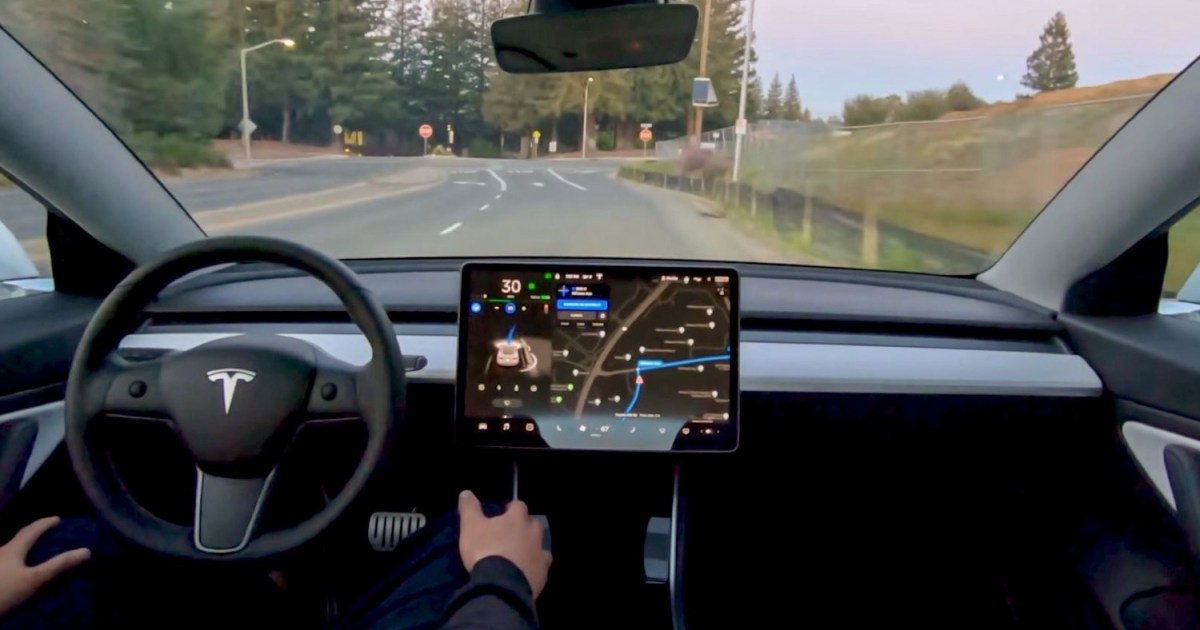The transition team of president-elect Donald Trump is planning to end existing car-crash reporting requirements to safety regulators, according to a Reuters report.
The report cites a document obtained by Reuters which lays out the transition team’s 100-day strategy for automotive policy. In the document, the team says the crash-reporting requirement leads to “excessive” data collection, Reuters says.
The requirement has been denounced by Tesla CEO Elon Musk, who has spent over a quarter billion dollars to help Trump get elected. Musk has also been nominated by Trump to lead what would be a newly-created “Department of Government Efficiency”.
Please enable Javascript to view this content
The existing federal crash-reporting program has been in place since 2021. Under the program, Tesla has reported most of the crashes, or more than 1,500, to safety regulators, according to Reuters. Analysis of the crash data from the National Highway Traffic Safety Administration (NHTSA) also revealed Tesla accounted for 40 out of 45 fatal crashes reported to regulators through October 15.
The automaker has come under the scrutiny of NHTSA over its so called full self-driving software (FSD). In October, regulators opened an investigation into 2.4 million Tesla vehicles equipped with FSD. The regulator has also asked Tesla to stop making misleading claims about FSD’s autonomous capability and reaffirm that the software provides only a driver assist/support system.
NHTSA’s data from the program has also led to 10 investigations into six companies and to nine safety recalls.
In September, NHTSA fined Cruise, the robotaxi startup owned by General Motors for failing to report a 2023 incident. GM announced this week that it would stop developing Cruise as a single entity and instead focus on a single unit focused on autonomous and assisted driving.
Last month, it was reported that the Trump administration plans to make a federal framework for self-driving vehicles a top priority for the Department of Transportation. New rules under discussion would not only ease regulations around self-driving vehicles but also raise the cap on the number of autonomous vehicles allowed on public roads.
Read the full article here














